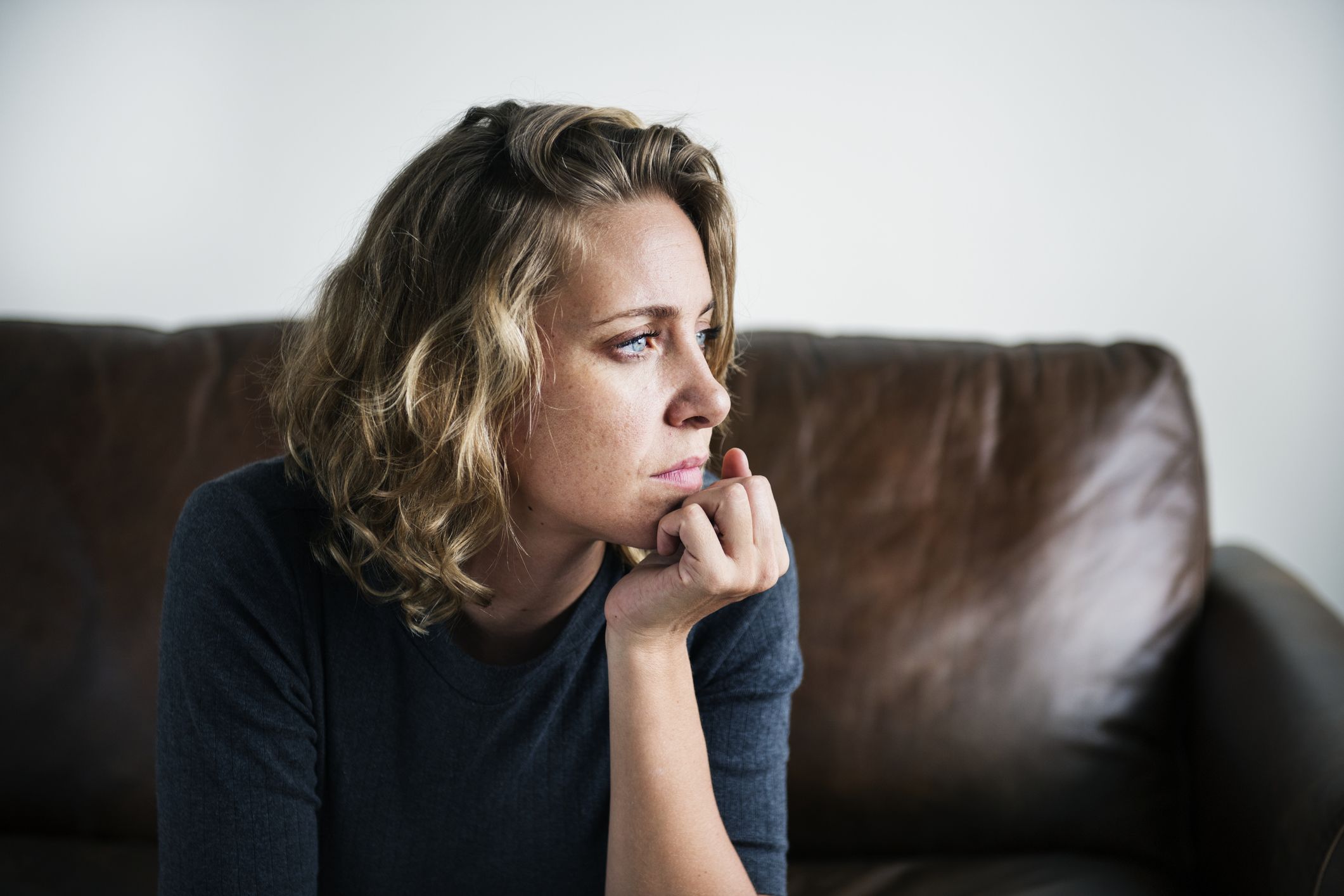In addition to the scientifically supported treatments for major depression—antidepressants, psychotherapy, or a combination of the two—there are other steps you can take to help lift your mood and support your recovery. Although clinical depression can rob you of energy, motivation, and the desire to do things that you once enjoyed, remember that inactivity can make depression worse. Staying active will distract you from negative thoughts, and it's one of the best things you can do to cope with major depressive disorder (MDD).
The National Institute of Mental Health (NIMH) recommends these self-help strategies to ease the burden on yourself while you're depressed:
- Don't wait to seek treatment for major depression. The earlier you start treatment, the better (and faster) your recovery will be.
- Set realistic goals. Treating major depression isn't a quick fix, and improvement can be subtle. For example, you may start sleeping better or eating better before your mood brightens.
- Stay active. Whether it's exercise, cooking, going to the movies, or dinner with friends, return to activities you once enjoyed. As your treatment starts to take effect, you'll find yourself enjoying your favorite activities again.
- Be around other people. Isolating yourself from others worsens major depression, but spending time with family and friends helps boost your mood so you can stick with your treatment program.
- Don't let everyday activities overwhelm you. Divide major tasks into smaller chunks, set priorities, and do what you can.
- Don't accept roles with a great deal of responsibility, which can be overwhelming when you're depressed.
- Recognize negative thinking as a symptom of clinical depression. Try to reframe negative thoughts in a positive light.
- Don't engage in self-blame while experiencing depressed mood.
- Postpone major life decisions until you get relief from depressive symptoms. Don't change jobs, relocate, enter into or end a primary relationship, or make major financial choices when you're in the grip of major depression.
- Each day, make it a point to identify one positive reason to make it through the day.





